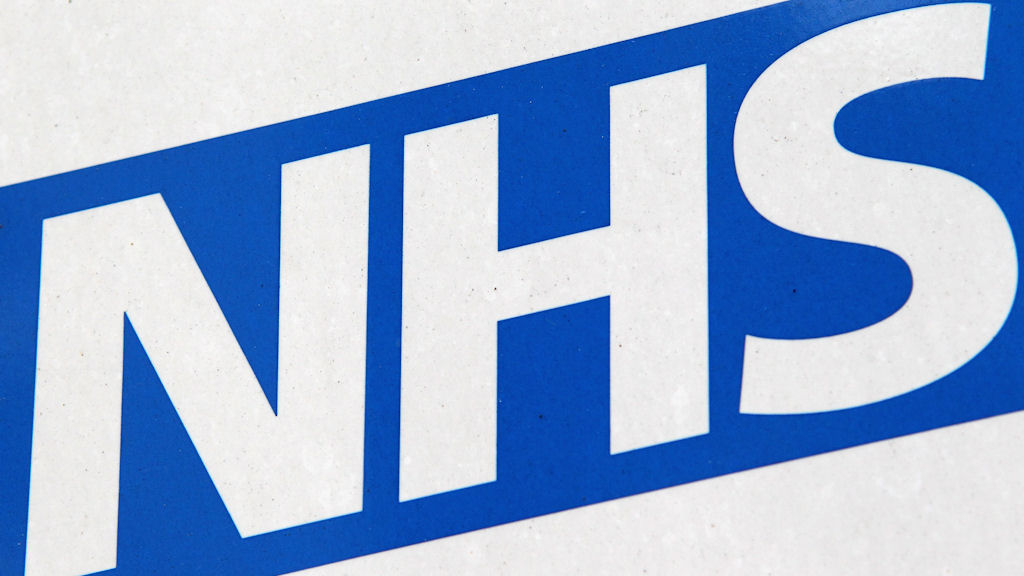From A&E crisis to GP shortages: what’s wrong with the NHS?
The A&E crisis will pale into insignificance when compared with problems that could lie ahead for out-of-hours care amid a looming shortage of GPs, a leading doctor tells Channel 4 News.

Health Secretary Jeremy Hunt has given NHS bosses a year to come up with a plan to alleviate the stress on the UK’s system of emergency care.
Amid dire warnings that accident and emergency wards are hopelessly overstretched, Mr Hunt outlined his strategy to give officials a year to develop and put in place a plan of action to help the “heaviest users of the NHS”. The “vulnerable older people’s plan” follows immediate steps the health secretary said were already being taken to improve A&E care.
Earlier this week, the King’s Fund warned that waiting times for A&E had hit a nine-year high and twice as many people were being forced to wait for more than four hours for help.
Speaking at the NHS Confederation conference today, Mr Hunt said the plan would have three elements: looking at what the emergency care proposition is, dealing with the problem of freeing up hospital beds, and making sure there were primary care alternatives to A&E such as doctors’ surgeries.
However, the third element of his plan – making sure there are alternatives to A&E for patients – was dealt a double blow today, with a leaked report criticising out-of-hours phone helplines and GPs warning of shortages ahead even during normal surgery hours.
Double blow
The leaked report about the new out-of-hours helpline, NHS 111, criticised the initial roll-out and questioned the long-term viability of the service.
The government wants patients to use the NHS 111 service as a first port-of-call to check their symptoms and find out whether face-to-face care is need.
But the report, which was leaked to GPs’ magazine Pulse, condemned the roll-out of the system in the North West and the West Midlands – where the service was suspended after just a few days because it was not working. The report highlights how up to 70 per cent of calls went unanswered, and even when they were answered, untrained staff were often on the end of the line.
It’s not the first time the system has been criticised: at least 22 serious incidents, including three deaths, were reported in the first month of the service. The service provider NHS Direct has accepted the findings in the report and some disciplinary procedures are being followed, but it maintains that the system is much improved.
Young doctors aren’t choosing to be GPs for their career. Dr Richard Vautrey, BMA
However, there’s another problem for Mr Hunt’s plan to take the pressure off A&E: his battle with GPs. In fact, a leading doctor told Channel 4 News that the continued “blame game” which had seen all of the problems of the NHS laid at the doors of GPs was putting off young doctors so much that a shortage of family GPs could be looming.
GPs have been blamed for some of the pressures on A&E by the government, because they stopped providing out-of-hours care in the last decade under a new contract drawn up by the Labour government. Outgoing NHS boss Sir David Nicholson has even hit back on behalf of GPs, criticising the “demonisation” of doctors in an article – although he accepted that out-of-hours care needs reform.
Dr Richard Vautrey, deputy chair of the British Medical Association‘s GP committee, told Channel 4 News: “The alarming thing is, due to the constant undermining of GPs, GPs who are old enough are taking early retirement as they get fed up with the barrage of criticism despite their hard work. And young doctors aren’t choosing to be GPs for their career.
“We’ve been highlighting the concerns and pressures on A&E. That’s nothing compared to what will happen if we don’t have enough GPs.”